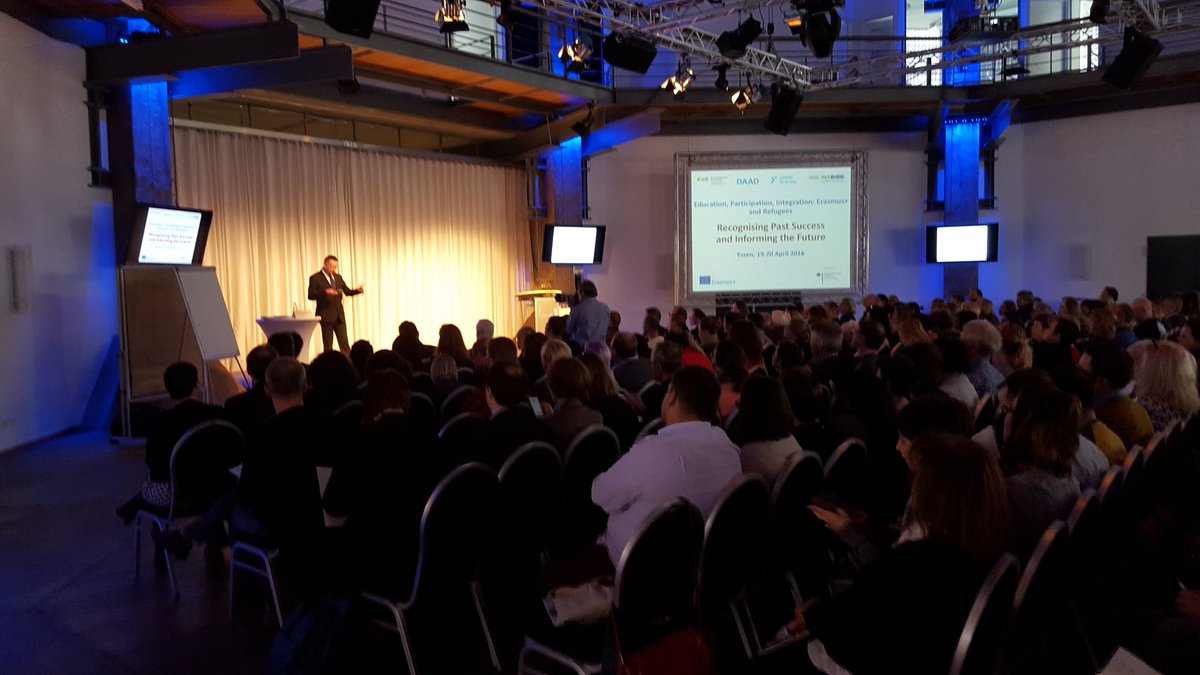Malta Refugee Council reacts to revisions to policy on access to employment for asylum-seekers
We are extremely concerned about a new policy that is denying people the possibility of working and earning a living. It is clear that this decision will deprive hundreds of people, including families, of the income necessary to secure a minimum level of human dignity and self-reliance. Already vulnerable to labour exploitation, including wages far below the minimum wage, asylum-seekers and failed asylum-seekers will be pushed further into the dark as they will inevitably clutch at any opportunity to secure basics such as shelter, food and water, clothing, services and transport in order to survive.
In May, the Ministry for Home Affairs, National Security and Law Enforcement amended Malta’s approach on how people seeking asylum in Malta, or who sought asylum here and had their applications rejected, may or may not work. The new policy focuses on a list of countries deemed safe by the Minister, whereby nationals of these countries are effectively punished for exercising their fundamental human rights to seek protection from persecution. Asylum-seekers from a country deemed safe will experience forced redundancy for up to nine months before being allowed to work. Persons from such countries whose asylum applications are rejected will only be able to work in Malta under exceptional circumstances.
Continue Reading


